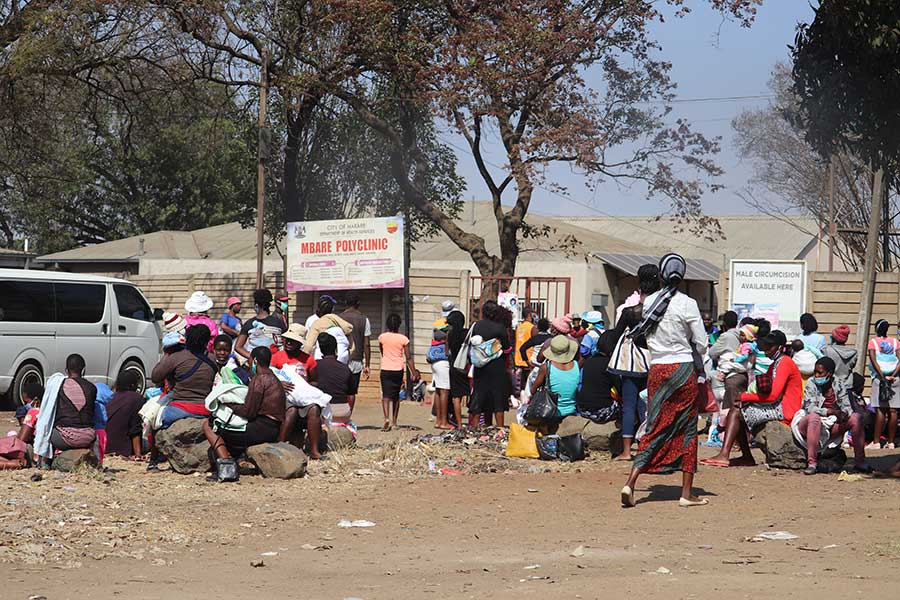Solar Energy Helps Maintain Zimbabwe’s Vaccine Cold Chain
Persistent power cuts had hampered the provision of healthcare across Zimbabwe. Solar power systems are now offering a solution to ensure children continue to get their vaccines.
- 20 July 2021
- 3 min read
- by Elia Ntali

A giant ground mounted solar panel at a satellite clinic in Harare’s Sunningdale suburb welcomes you to the health facility. For children in the area it's literally been a lifesaver.
Persistent power outages, due to vandalism of infrastructure and load shedding (the planned shutdown of electricity in various areas to reduce demand on the system), was hampering immunisation programmes in the area, shutting down the fridges needed to keep vaccines at the cold temperatures they need to remain effective
The installation of the 5-kilowatt solar system now guarantees a high-quality cold chain that ensures health workers can deliver life-saving vaccines to every child.
The installation of the solar panels at the Harare City Council-run clinic has brought with it relief to the burdened council as it also reduces costs.
“At times, when we visited the clinic with our children for their monthly reviews, we would be told to visit the next clinic because of the unavailability of electricity. Since the installation of the solar panels, we no longer have the challenges of walking to the next health facility,” said Farirai Shumba, who had come for the immunisation of her six-month old daughter.
Hammy Madzingira, a former councilor in the suburb, says solar energy was a major boost to the health centre. “The installation of the solar system is a major breakthrough for the clinic. In the past people were referred to neighbouring clinics whenever they wanted to have vaccines for their children because of power cuts. Imagine going to Mbare [over 4 kilometres away] with an infant.”
“The majority of breastfeeding mothers survive through menial jobs in the suburb and it is difficult for them to leave their day-to-day work in search of a facility that has electricity,” added Madzingira. “Plus, when this area is off grid, chances are high that the next suburb is affected.”

Harare experiences power cuts of up to eight hours a day when the power utility company sheds electricity. These hours turn into days if blackouts are as a result of vandalism.
The installation of the solar panels at the Harare City Council-run clinic has brought with it relief to the burdened council as it also reduces costs.
Have you read?
“We are glad that we now have continuous power," says City of Harare spokesperson Michael Chideme. "Previously we had challenges in the storage of vaccines and other medications because of unannounced power cuts. The installation of solar energy has given us something to cheer about."
More from Elia Ntali
Recommended for you









